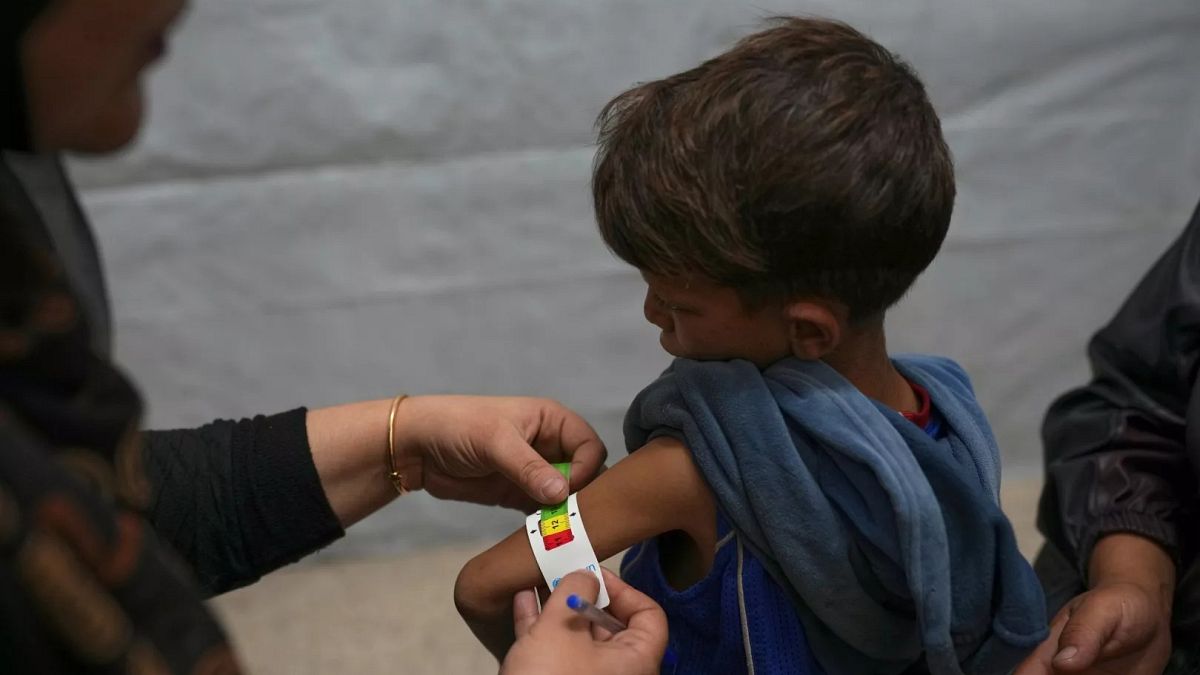

In the serene landscape of international healthcare, we find ourselves navigating through an array of current challenges, each presenting a call for attention and thoughtful intervention. From rising child malnutrition in Gaza to the intricate dynamics of healthcare staffing and medical tourism, the global health sphere is both vast and interwoven with diverse concerns. Let us take a moment to explore these issues mindfully, considering the implications and possible pathways forward.
Recently, the humanitarian situation in Gaza has been gently brought to the forefront. The United Nations has issued reports indicating a troubling increase in child malnutrition rates, which have doubled since March. This rise is situated against the backdrop of a continuing conflict, where essential supplies, including food, struggle to reach the over 2 million residents. As we reflect on these somber statistics, there is a parallel call to nurture pathways for peace and cooperative aid flows to mitigate this pressing humanitarian issue.
Looking at the broader context of international aid, a new study reveals that global health assistance to lower-income countries has reached its lowest level in 15 years. Nations including the United States, the United Kingdom, Germany, and France have notably reduced their contributions. This decline invites a contemplation of our collective responsibility towards sustaining health advancements through thoughtful, balanced international cooperation. It is a gentle reminder of the interconnectedness of our global community and the enduring significance of mutual support.
In the heart of Europe, there emerges a nuanced lapse in childhood vaccinations. As complacency grows around these routine immunizations, health officials have voiced concerns about potential vulnerabilities to diseases such as measles. The landscape of public health requires a delicate balance of vigilance and education to ensure the sustained well-being of communities. Encouraging accurate information dissemination and fostering trust in health systems can serve to strengthen the shield offered by vaccines.
Within the United Kingdom’s National Health Service, a recent review has placed a spotlight on the role of physician associates (PAs), emphasizing that they should not be diagnosing patients who have yet to be seen by a doctor. This guidance acknowledges the unique contributions of PAs while carefully ensuring that patient safety remains paramount. Moving forward, attention to staffing within healthcare, accompanied by targeted training distinctions, can harmonize the roles within medical teams for the benefit of all involved.
Moreover, the landscape of weight loss surgery tourism is expanding, flagged by UK experts as an area in need of urgent regulation. Despite the promising developments in medical treatments such as weight loss injections, the appeal of traveling abroad for surgery persists. Thoughtful regulation and patient education can help harmonize medical tourism with safety standards, ensuring favorable outcomes for those seeking such interventions.
In conclusion, the health-related challenges highlighted here—each quietly demanding our consideration—invite us to engage with compassion and a commitment to mindful progress. As we embrace these narratives, we tread on a path of informed action, uplifted by the knowledge that sustaining health and well-being is a shared journey—a journey cultivated with insight, cooperation, and care.
Source: {link}
